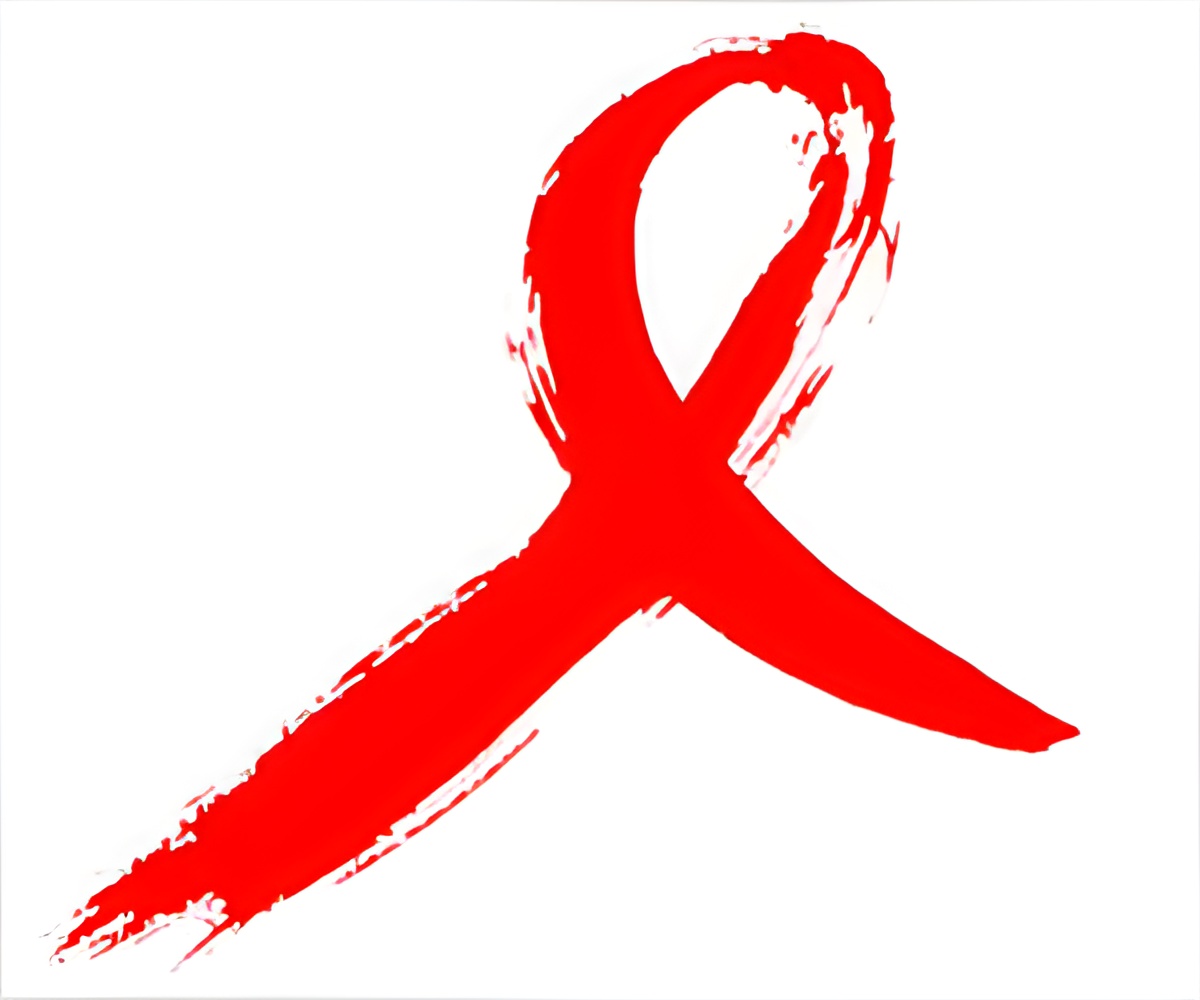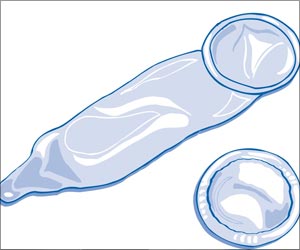A new class of proteins adapted for use in gels or sexual lubricants to provide a potent barrier against HIV infection thereby blocking the virus from penetrating T-cells

"When developing new drugs, we're always concerned about the possibility of undermining existing successful treatments by encouraging drug resistance in the virus," said O'Keefe. "But even if the virus became resistant to these proteins, it would likely still be sensitive to all of the therapeutic options that are currently available." The research team identified and purified the cnidarin proteins, then tested their activity against laboratory strains of HIV. The proteins proved astonishingly potent, capable of blocking HIV at concentrations of a billionth of a gram by preventing the first step in HIV transmission, in which the virus must enter a type of immune cell known as the T-cell.
"We found that cnidarins bind to the virus and prevent it from fusing with the T-cell membrane," said Ramessar. "This is completely different from what we've seen with other proteins, so we think the cnidarin proteins have a unique mechanism of action." The next step is to refine methods for generating cnidarins in larger quantities so the proteins can be tested further to identify potential side effects or activity against other viruses. "Making more of it is a big key," said O'Keefe. "You can't strip the Earth of this coral trying to harvest this protein, so our focus now is on finding ways to produce more of it so we can proceed with preclinical testing.
"The scientists discovered cnidarins while screening for proteins, a largely understudied component of natural product extracts found in the National Cancer Institute's extract repository. The institute maintains a large collection of natural specimens gathered from around the world under agreements with their countries of origin. The specimens are available to researchers across the United States. "The natural products extract repository is a national treasure," said O'Keefe. "You never know what you might find. Hopefully, discoveries like this will encourage more investigators to use this resource to identify extracts with activity against infectious disease."
Source-Eurekalert










